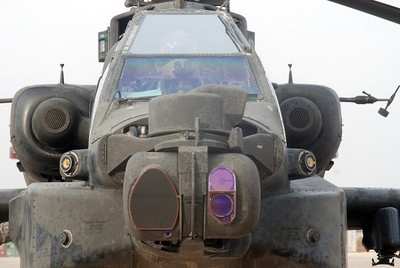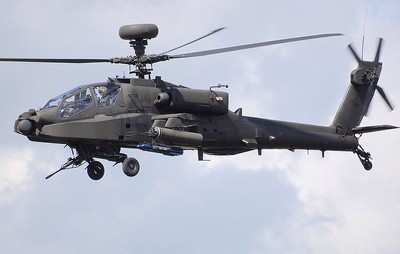Tue, Mar 02, 2010
Advertisement
More News
 Klyde Morris (05.02.25)
Klyde Morris (05.02.25)
Klyde Wonders If The 'New' SouthWest Can 'Out-Spirit' Spirit... FMI: www.klydemorris.com>[...]
 Classic Aero-TV: Introducing The MD302--Mid-Continent's Standby Attitude Module
Classic Aero-TV: Introducing The MD302--Mid-Continent's Standby Attitude Module
From 2012 (YouTube Edition): Extensive Expertise in Backup Solutions Makes MCIA Uniquely Qualified In This Market There's no such thing, in aviation, as TOO much caution... hence t>[...]
 ANN's Daily Aero-Linx (05.04.25)
ANN's Daily Aero-Linx (05.04.25)
Aero Linx: Historic Aircraft Association (HAA) The Historic Aircraft Association (HAA) was founded in 1979 with the aim of furthering the safe flying of historic aircraft in the UK>[...]
 ANN's Daily Aero-Term (05.04.25): Jamming
ANN's Daily Aero-Term (05.04.25): Jamming
Jamming Denotes emissions that do not mimic Global Navigation Satellite System (GNSS) signals (e.g., GPS and WAAS), but rather interfere with the civil receiver's ability to acquir>[...]
 Aero-News: Quote of the Day (05.04.25)
Aero-News: Quote of the Day (05.04.25)
"Respectfully, U.S. and European airlines should not be even contemplating the future purchase of airplanes from Chinese military companies...” Source: US Representative Raja>[...]
blog comments powered by Disqus





